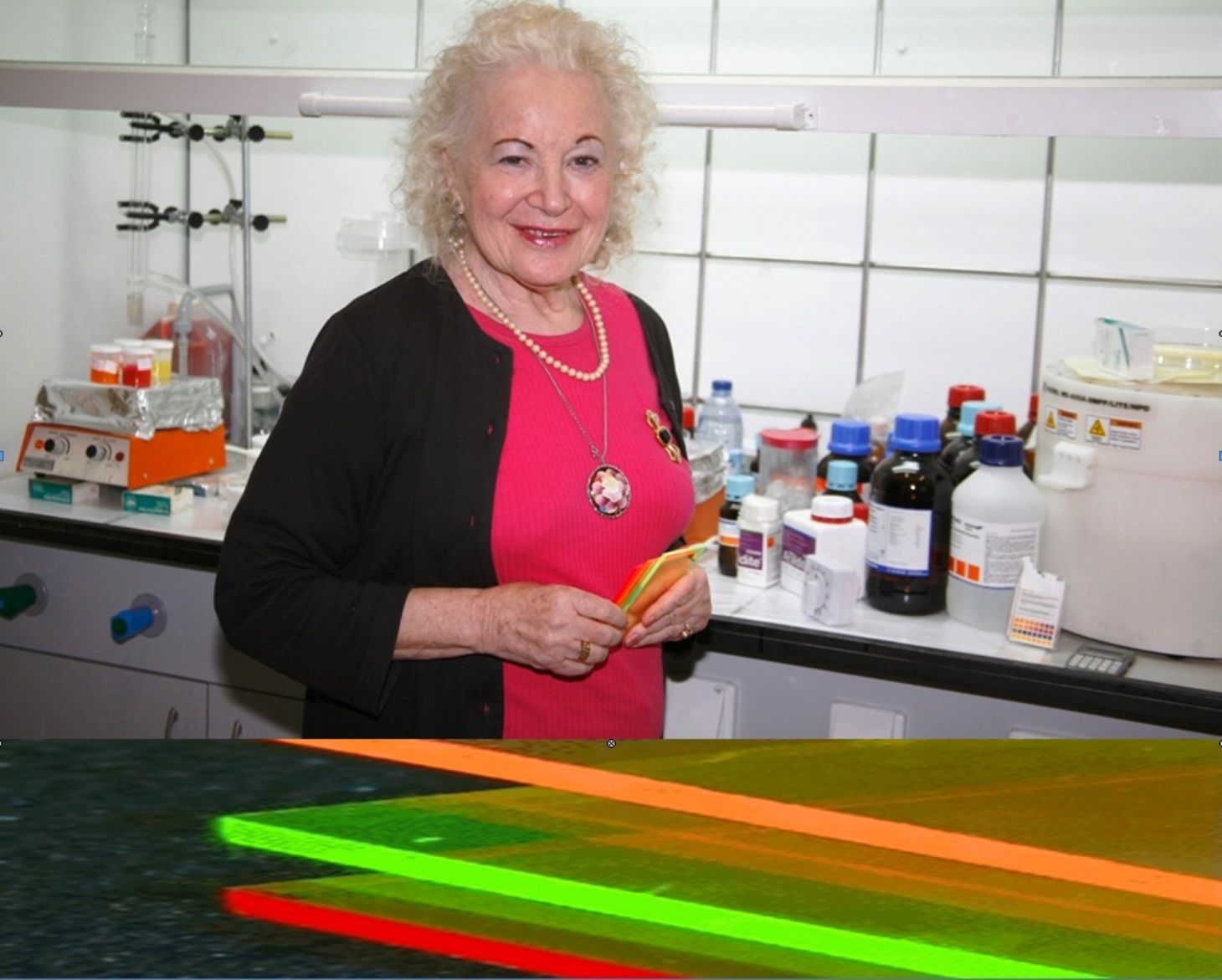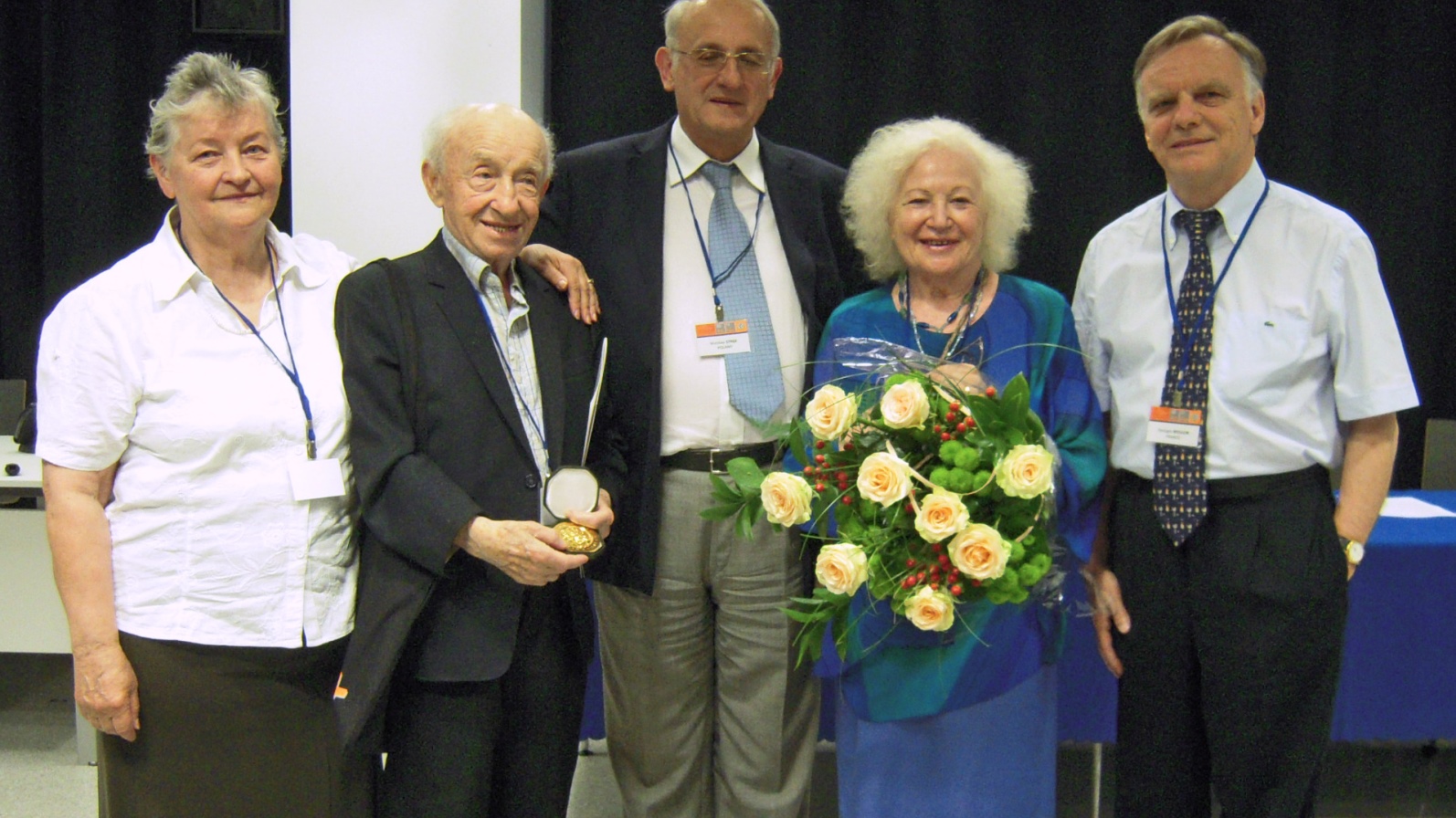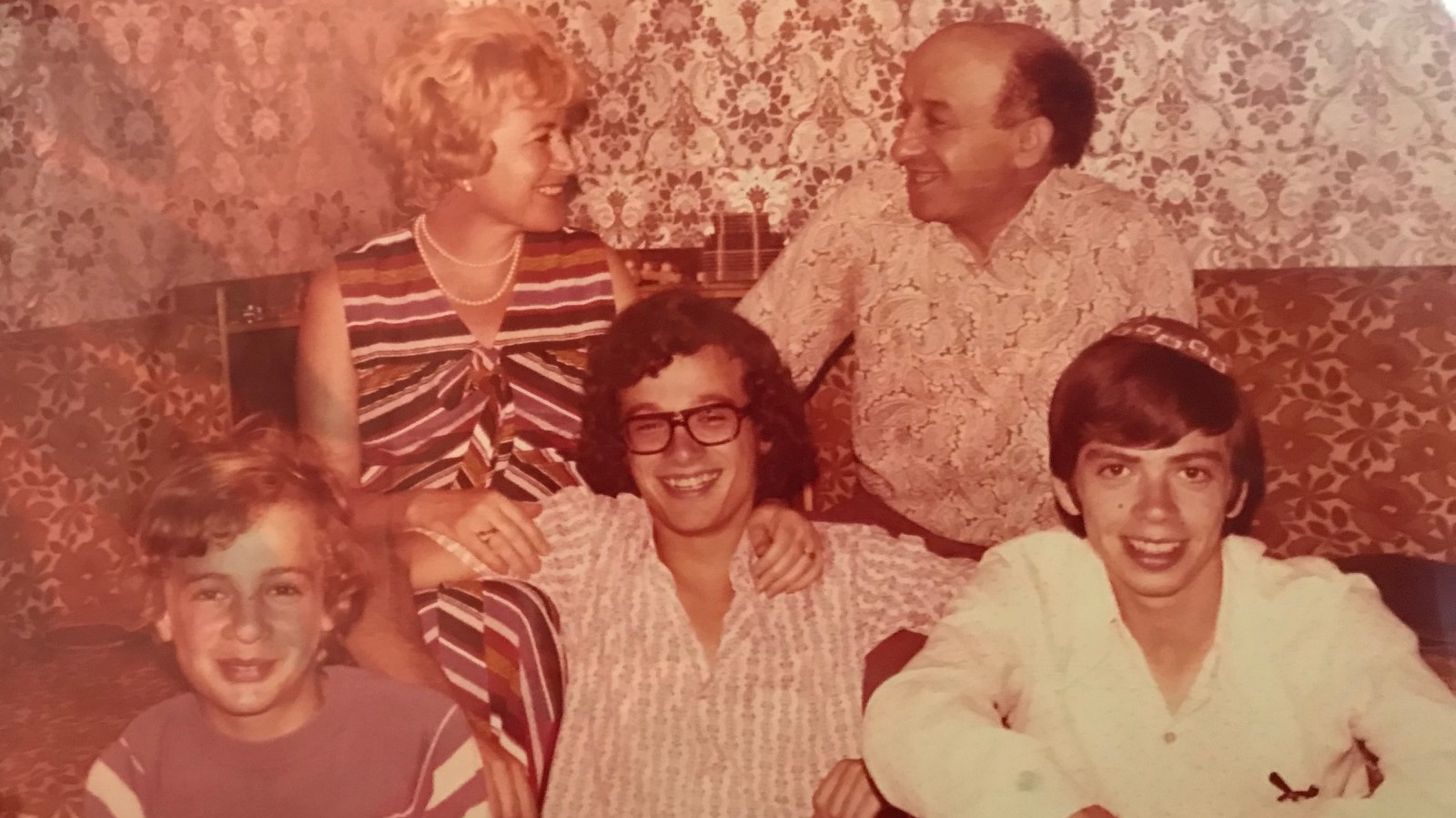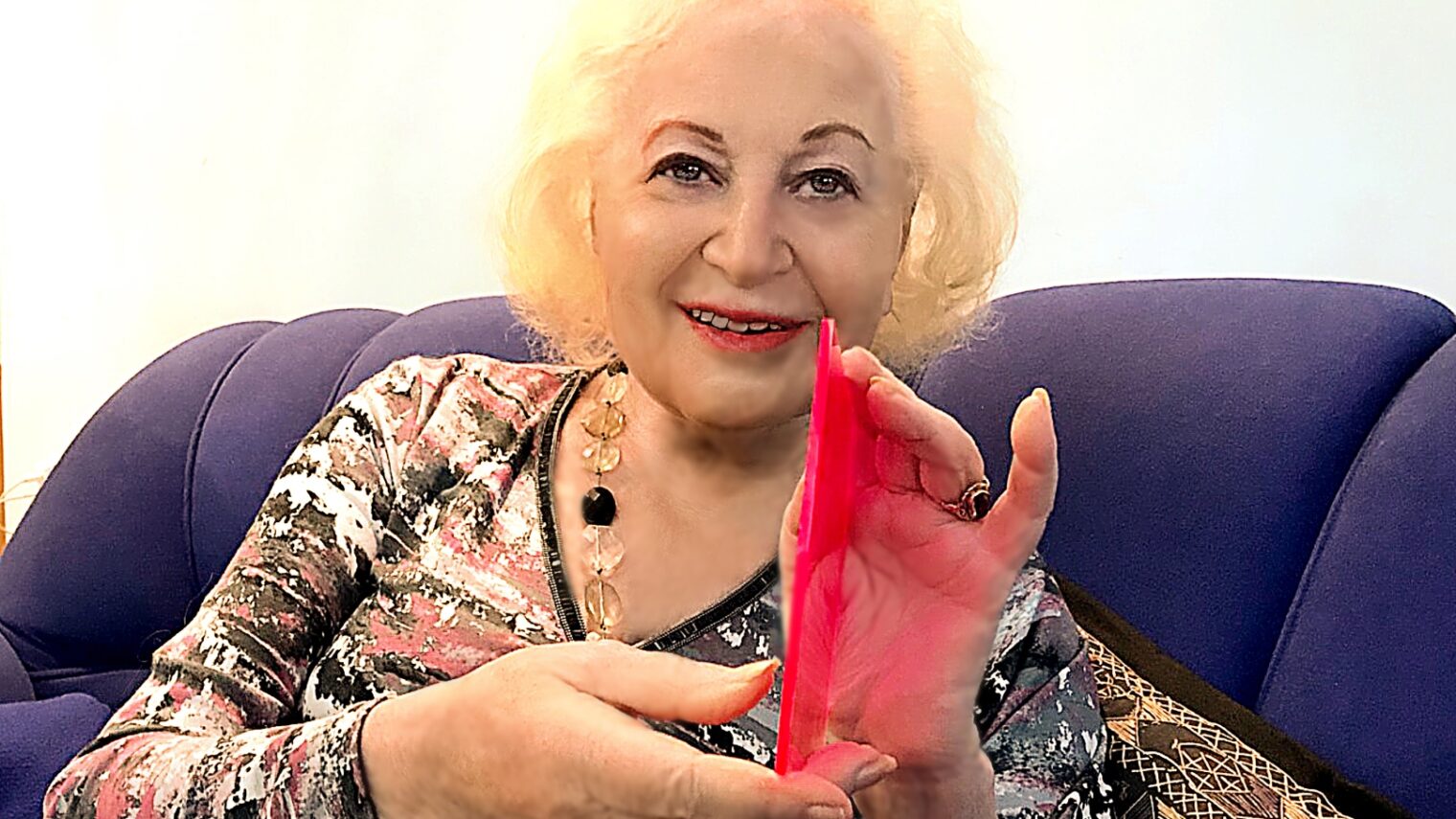She survived World War II as a child in Siberia. She was held hostage in Entebbe in 1976. She has published 532 scientific papers and four books, and traveled from Alaska to Tasmania and myriad points in between.
“You know the traditional Chinese curse, ‘May you live in interesting times’? I have had a very interesting life,” says Renata Reisfeld.
A retired professor of solar energy at the Hebrew University of Jerusalem, Reisfeld still lectures widely and hopes to commercialize inventions including a pink energy-generating windowpane and greenhouses made of a nanomaterial that enhances plant growth and generates solar electricity.
The January 2018 Journal of Luminescence was dedicated entirely to articles by 20 distinguished colleagues across the world honoring Reisfeld’s 45 years of “outstanding contributions to the field of luminescent inorganic glasses,” in other words the optical properties of glass.
The distinguished academic journal never before devoted an issue to a single scientist. And it’s undoubtedly the first time it has published a poem, Italian Prof. Giuseppe Baldacchini’s paean titled “Renata Sunshine.”
Additionally, Reisfeld was chosen for inclusion in Elsevier Physics’ 2018 Virtual Special Issue on Women in Physics in honor of International Women’s Day, March 8.
Rose-colored glasses
Over a cup of tea in her Jerusalem kitchen, Reisfeld shows ISRAEL21c a sample of the pink pane, called a luminescent solar concentrator.
Solar cells, she explained, are prohibitively expensive. Fluorescent transparent glass (reds are most efficient at absorbing solar energy) can concentrate incoming solar light onto the edges of the pane. Therefore, solar cells need only be placed around the edges to convert the light to electricity.
“This way I need many fewer cells,” she says. “It looks very simple but it required a lot of time to develop and took knowledge in glass science, fluorescence and nanotechnology.”
Reisfeld’s invention is ready for production, and she is actively seeking commercialization partners and investors to make that happen right in Jerusalem.

An ‘interesting’ life
Born in Poland, Renata Sobel was raised by her grandparents because her mother died shortly after her birth. The family fled Nazi-occupied Poland, eventually making their way to Siberia. Renata did not have much opportunity for formal education. But she always wanted to be a scientist.
“I read a book about Marie Curie and that was my inspiration,” she says.
Before immigrating to Israel in 1950 with her grandmother, following the death of her grandfather, she was engaged to commercial artist Eliezer Reisfeld.
“My grandfather had said to Eliezer, ‘You must promise me that Renata will study, because she is very able.’ My husband said, ‘I don’t even know if we’ll have enough to eat in Israel, but I can promise you that if we do, she will study,’” Reisfeld recalls.
At that time, only the Hebrew University and the Technion-Israel Institute of Technology in Haifa had chemistry departments. Wanting to live in Jerusalem, Reisfeld competed for one of 23 spaces available at Hebrew University. And despite having come to Israel knowing neither Hebrew nor English, she was the first to finish the entrance examination.
“I learn languages very quickly. I come from a well-known rabbinic family descended from King David on my mother’s side, and from a strong academic family on my father’s side,” she explains.
After completing her doctorate, the usual next step would have been a two-year postdoc abroad. But the Reisfelds had two-year-old and five-year-old sons, and so the university permitted her to do a three-month postdoc at Oregon State University.
“Then I went around the world meeting many famous scientists, and this is how it started. Until today, I collaborate on research and papers with all these good friends,” including scientists from Brazil, Denmark, France, Germany, India, Italy, Japan, Latvia, Poland, Romania, Slovenia, Spain, Switzerland and the United States.
Reisfeld became head of the science research team at the Institute of Chemistry at Hebrew University in 1975. She has received honorary doctorates from the University of Lyon, University of Bucharest and the Polish Academy of Science.

Hostage in Entebbe
In 1976, Reisfeld was invited to speak at her first major luminescence materials conference, to take place in Paris. “I was so flattered because I was still very young.”
On June 27, Air France flight 139 from Tel Aviv stopped in Athens, where it was hijacked by Palestinian and German commandos demanding the release of accused terrorists held in Israel and elsewhere.
Reisfeld was among the 102 mainly Israeli passengers, as well as Air France crew members, held captive for a week at the airport in Entebbe, Uganda. They were rescued by Israeli troops on July 4 in what became known as Operation Thunderbolt.
Every day, Ugandan dictator Idi Amin arrived for a visit. “He would come wearing all his medals and wanted to speak to us,” recalls Reisfeld. She was one of the few hostages fluent in English, so she volunteered.
“I had such chutzpah! I told him, ‘This is a beautiful country; can you take us on a tour of Uganda?’ And he said yes.”
As terrifying as her experience was, “it was much, much worse for my husband because he was in Israel with the children, not knowing what was happening to me or whether I was still alive.”

Afterward, Eliezer asked her not to give interviews about her ordeal because he was afraid she might be targeted by terrorists on her many travels. He never asked her not to travel.
“My husband supported all my studies and thanks to him I could do everything I wanted to do,” says Reisfeld.
Eliezer passed away more than a year ago. Their son Gideon is now a senior scientist at Intel in Haifa, and Daniel is founder and CEO of Upbeat Medical in Tel Aviv.
Yes, it has been an interesting life. Through all its ups and downs, Renata Reisfeld is still busy at work, seeing the world through luminescent rose-colored glasses.

















